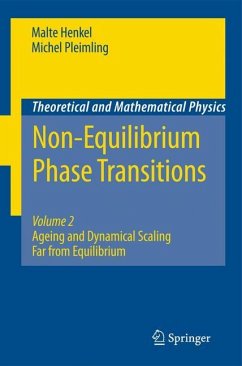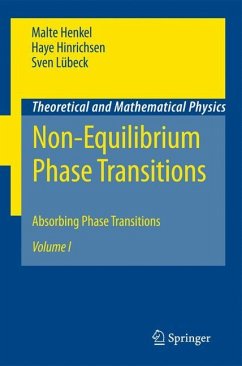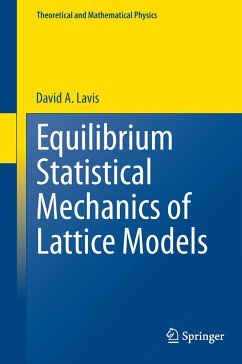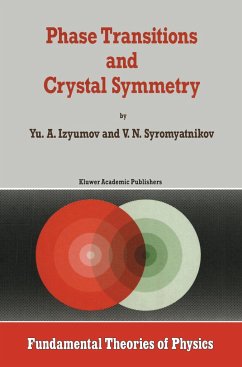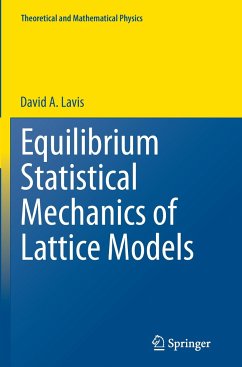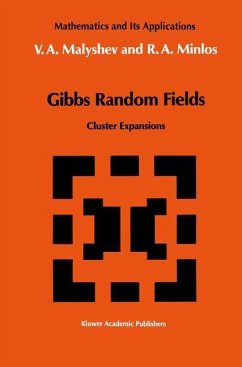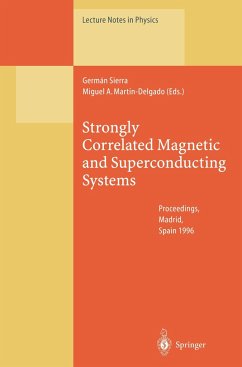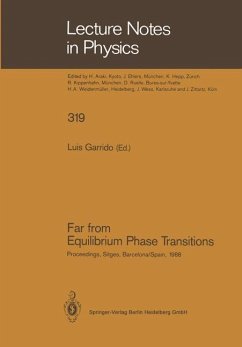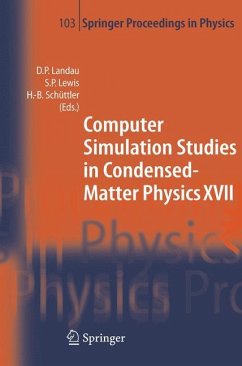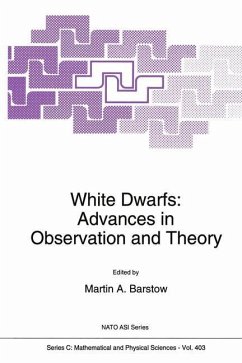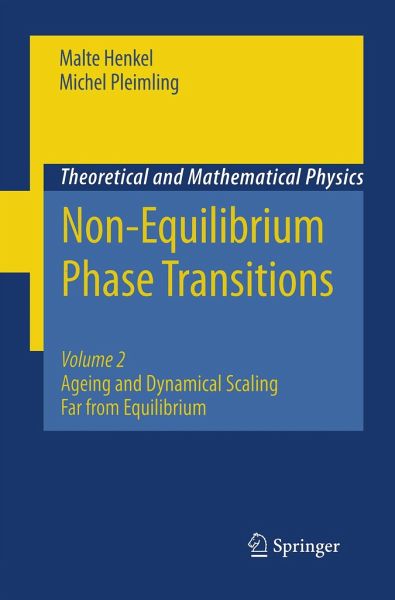
Non-Equilibrium Phase Transitions
Volume 2: Ageing and Dynamical Scaling Far from Equilibrium
Versandkostenfrei!
Versandfertig in 6-10 Tagen
76,99 €
inkl. MwSt.
Weitere Ausgaben:

PAYBACK Punkte
38 °P sammeln!
"The importance of knowledge consists not only in its direct practical utility but also in the fact the it promotes a widely contemplative habit of mind; on this ground, utility is to be found in much of the knowledge that is nowadays labelled 'useless'. " Bertrand Russel, In Praise of Idleness, London (1935) "Why are scientists in so many cases so deeply interested in their work ? Is it merely because it is useful ? It is only necessary to talk to such scientists to discover that the utilitarian possibilities of their work are generally of secondary interest to them. Something else is primary...
"The importance of knowledge consists not only in its direct practical utility but also in the fact the it promotes a widely contemplative habit of mind; on this ground, utility is to be found in much of the knowledge that is nowadays labelled 'useless'. " Bertrand Russel, In Praise of Idleness, London (1935) "Why are scientists in so many cases so deeply interested in their work ? Is it merely because it is useful ? It is only necessary to talk to such scientists to discover that the utilitarian possibilities of their work are generally of secondary interest to them. Something else is primary. " David Bohm, On creativity, Abingdon (1996) In this volume, the dynamical critical behaviour of many-body systems far from equilibrium is discussed. Therefore, the intrinsic properties of the - namics itself, rather than those of the stationary state, are in the focus of 1 interest. Characteristically, far-from-equilibrium systems often display - namical scaling, even if the stationary state isvery far from being critical. A 1 As an example of a non-equilibrium phase transition, with striking practical c- sequences, consider the allotropic change of metallic ?-tin to brittle ?-tin. At o equilibrium, the gray ?-Sn becomes more stable than the silvery ?-Sn at 13. 2 C. Kinetically, the transition between these two solid forms of tin is rather slow at higher temperatures. It starts from small islands of ?-Sn, the growth of which proceeds through an auto-catalytic reaction.





